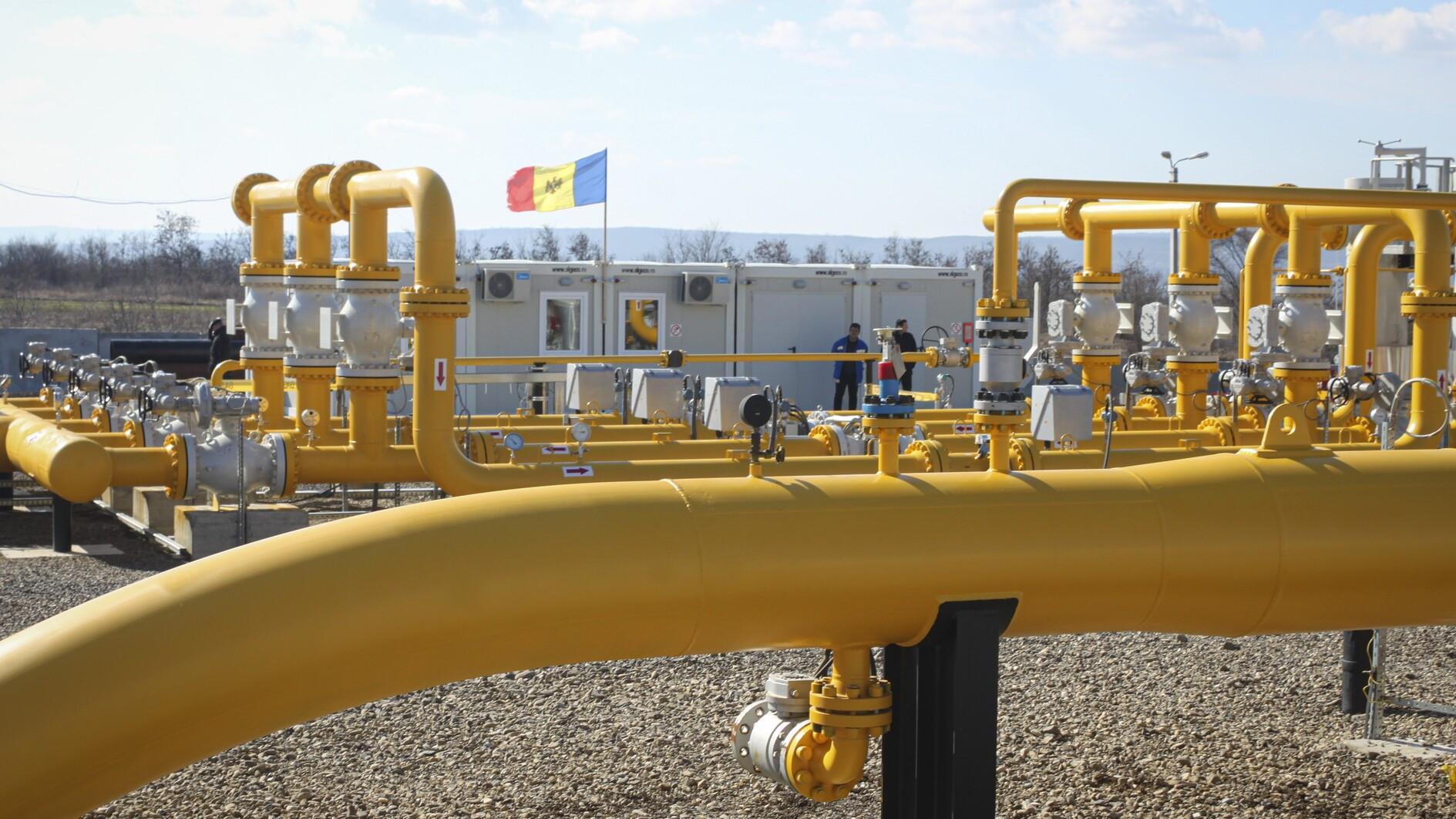
Ukraine will block Russian gas supplies via its territory in several days, effectively halting its transit to Slovakia, Moldova and, to some extent, Hungary.
Kiev said it would not renew an agreement on Russian gas transit expiring on Dec. 31 as Russia continues its invasion of Ukraine.
Ukrainian President Volodymyr Zelensky insisted Kiev would not let Moscow "earn additional billions on our blood".
Russian gas accounted for less than 10 percent of the European Union's gas imports in 2023.
In 2021, a year before the invasion started, it made up over 40 percent.
But eastern European EU members still depend largely on Russian gas for geographical and political reasons.
EU and NATO members Hungary and Slovakia have maintained close ties with the Kremlin despite the invasion.
Russia has been delivering gas to Europe by two routes since a series of underwater explosions in 2022 damaged the Nord Stream pipeline that carried gas to northern Germany via the Baltic Sea.
The TurkStream pipeline under the Black Sea and its mainland extension Balkan Stream supply Bulgaria, Serbia and Hungary.
Supplies via Ukraine are based on a five-year contract signed by Ukraine's Naftogaz and GTSOU pipeline operator with Russian giant Gazprom in 2019, which will now expire.
Official data put gas volume transported by this route in 2023 at 14.65 billion cubic meters, slightly less than half of all Russian gas flowing into Europe.
Slovakia's nationalist-leaning Prime Minister Robert Fico recently visited Moscow to discuss supplies, following a spat with Zelensky at an EU summit in Brussels.
Besides geopolitical reasons, Bratislava prefers to import Russian gas "because it is cheaper," said Alexander Duleba from the Slovak Foreign Policy Association.
Moldova is already bracing for energy cuts despite taking steps to diversify supplies.
The former Soviet republic gets 70 percent of its electricity from the Cuciurgan power station based in the separatist region of Transnistria, which uses Russian gas imported via Ukraine.
Moldova's pro-European President Maia Sandu recently said that there are other transit routes bypassing Ukraine that Russia could use to deliver the gas.
"But it seems that Gazprom is not ready to keep its contractual obligations," she added.
Moldova, one of Europe's poorest countries, declared a 60-day state of energy emergency in mid-December.
It will have to buy power from neighbouring Romania and pay more.
Unlike its neighbours, Hungary receives most Russian gas via TurkStream.
It gets only a fragment via Ukraine and will not be hurt by Kiev's decision to block the supplies.
But Prime Minister Viktor Orban said last week that "we don't want to give up" this route because of the reasonable price.
While Budapest leads talks with Kyiv and Moscow, Orban suggested his country might play a "trick" as it would buy Russian gas before it enters Ukraine.
"Then what comes through Ukrainian territory will no longer be Russian gas, but Hungarian," he added.